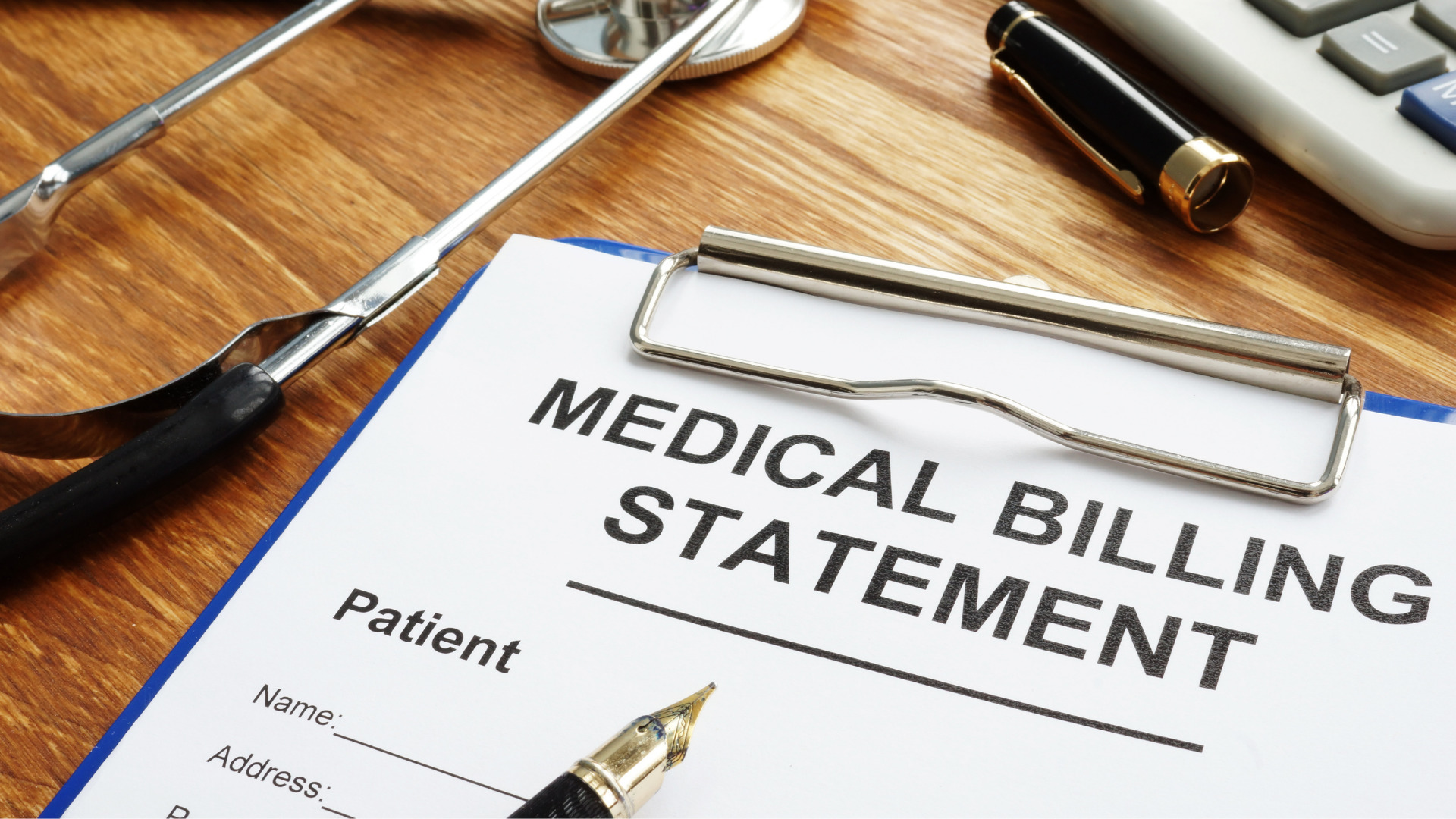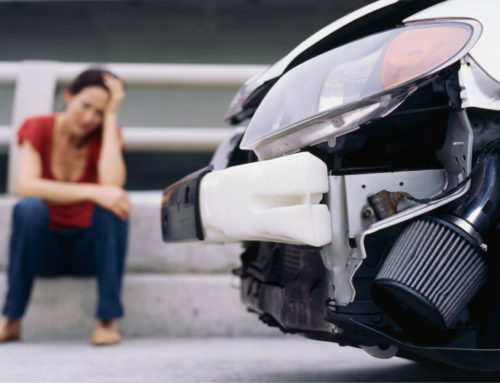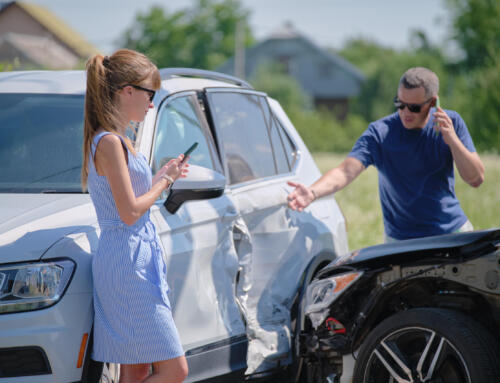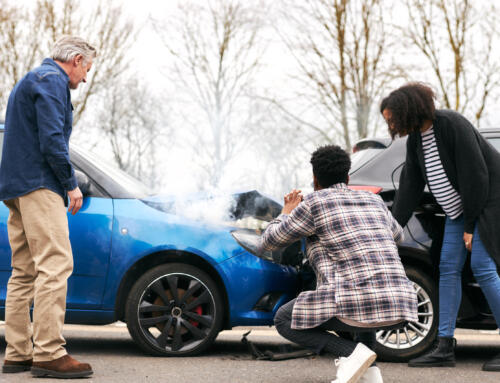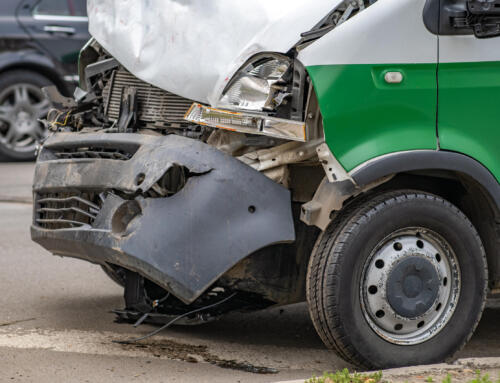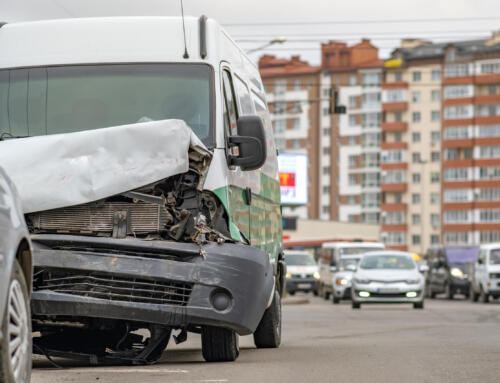Let an Attorney Help You.
One of the best things about having an attorney handle your car accident claim is having them clean up your medical bills after an accident. Here are three big ways your car accident attorney can help you get rid of your medical debt.
For these tips make sense, you will need some context. After a car accident, your car insurance company is responsible to pay for your bills, even if you are not responsible for the accident. If you have your own health insurance, they will not pay your medical bills until your car insurance has either spent all of their money or denied your claim. If your health insurance company pays a bill, they have a right to get paid back.
Let Your Health Insurance Pay the Bill.
Your health insurance has contracts with medical providers to have them accept less than the full amount of the bill for your treatment, which means when they pay a bill, they may be only paying 30% or 40% of the bill, and most of the rest is forgiven. When you settle your claim, you are not paying $2,000.00 for your ambulance ride, you are reimbursing the health insurance company the $600.00 they spent to make the bill go away. Your attorney can often talk to the health insurance company to have them take even less unless if it’s Medicare or Medicaid. They usually have to be reimbursed in full. Every dollar less you pay for a bill is a dollar that goes to you.
Let No-Fault Deny Your Bills.
This sounds like it would be a bad idea, but when your car insurance company denies your medical bill, your health insurance company has to step in and pay the bill. Again, as noted above, they just pay less money for the bill than you or your car insurance pays. When you take that bill to arbitration or settle your claim with your no-fault carrier, they are not allowed to consider the amount your insurance company paid, because that would be considered an “impermissible coordination of benefits.” In other words, they cannot rely on your insurance to pay the bill, they must look at the bill as the full bill.
If you take that $2,000.00 ambulance bill to an arbitration and win it, you are only obligated to reimburse your health insurer the amount they paid. The rest of that money goes to you.[i] Minnesota prohibits “balanced billing,” which is the practice of the medical provider trying to recover the balance of their bill from a patient.[ii] So once that bill is paid and gone, it is over.
Let the Bill Go to Collections.
Again, this sounds like a bad idea, but it works well. All of the major medical providers entered into an agreement with the Minnesota Attorney General’s office not to charge somebody without health insurance more than they would the most favorable health insurance company with which they work.[iii] Medical providers, however, will do whatever they can to avoid taking a large reduction. Many hospitals will say that the liability insurance company has priority over the patient’s health insurance, because that was an exception carved out in the agreements. Liability insurance companies do not contract with the hospitals, so there is no reduction.
This practice is morally questionable but legally permissible. So, how do you get around it? Refuse to pay it. There is no good reason for a medical provider not to work with you on a liability settlement, so if they will not accept a reasonable offer, let it go to collections. Collection agencies either buy bad debt or contract with large providers to collect bad debts. If it is a collector that bought the debt, they bought it at a discount so you can resolve it at a discount. If it is a contractor, you may have to wait until they give up and sell it to a second debt collector.
Your attorney can talk with the creditors to hold off posting the bill to your credit score, or once it is paid off, it isn’t allowed to affect your credit score anymore under the changes that happened in 2018. If you do not like that it shows up on your report at all, wait until the bill has been paid, and then go online and dispute the record. Once your bill has been paid off you should dispute the negative report by clarifying that the medical bill was caused by an accident, and the bill was the responsibility of the at-fault driver to pay, and that the bill has in fact been paid.
These are all tips that you and your attorney should keep in mind depending on how your claim progresses. You can either reduce the amount you owe or get paid on your own bills. If you have been injured in an accident and have found yourself in such a position, call for text us at (612) 465-8733 for a free consultation with a car accident lawyer.
Sources:
[i] Stout v. AMCO Ins. Co, 645 N.W.2d 108 (Minn. 2002).
[ii] Minnesota Statute § 62K.11
[iii] https://www.ag.state.mn.us/consumer/health/default.asp

